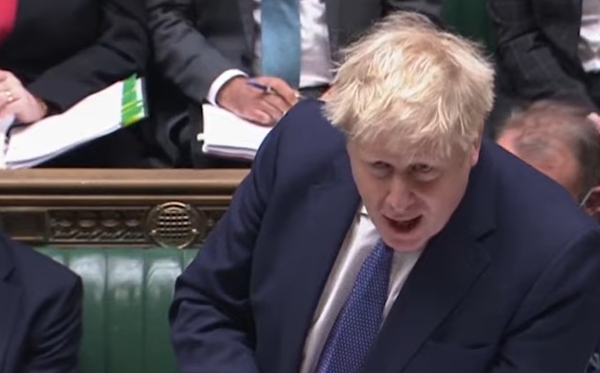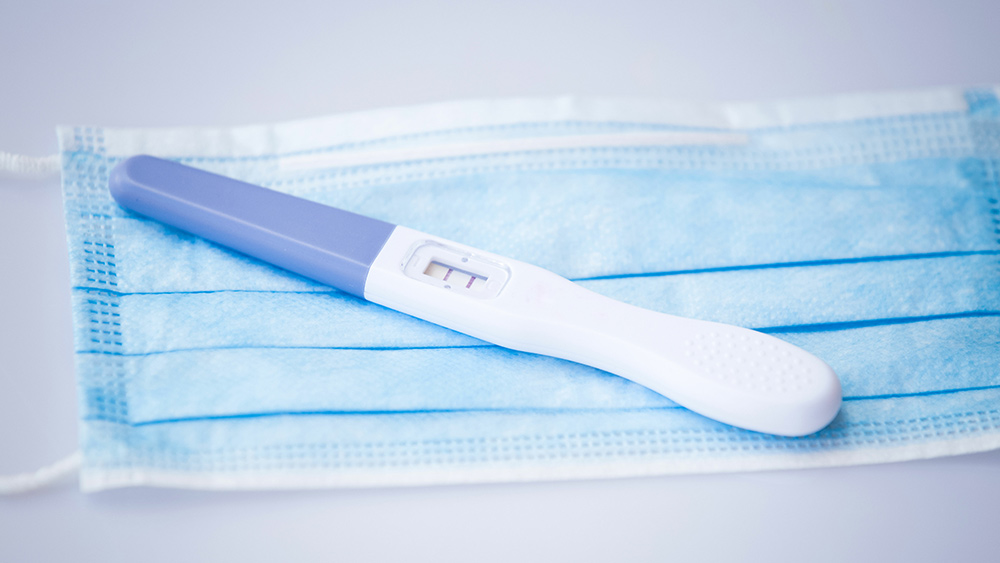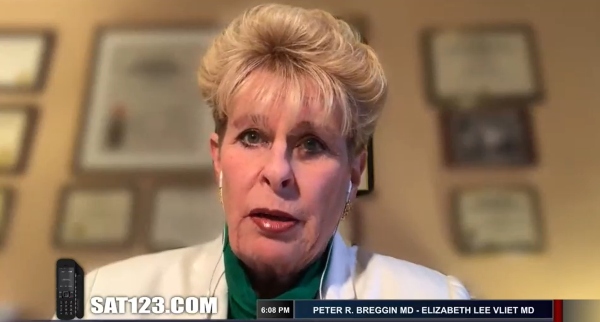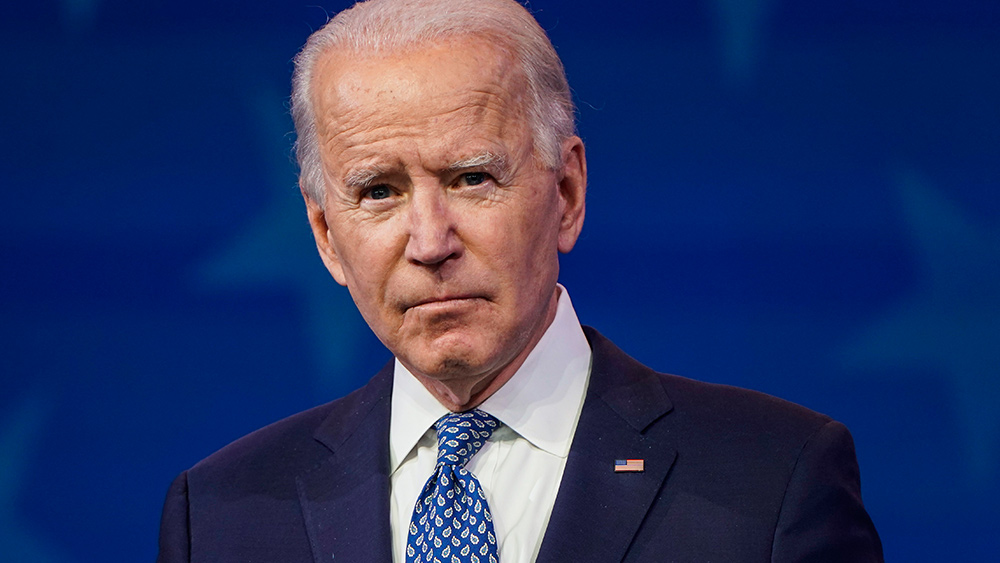Thousands of prisoners released because of COVID – another way the Biden regime is flooding society with violent criminals
01/02/2022 / By Olivia Cook

Attorney-General Merrick Garland recently ordered the Bureau of Prisons to allow the thousands of federal and state inmates released from prison to home confinement to remain free once the Wuhan coronavirus (COVID-19) emergency is lifted.
This directive reversed a policy implemented during the final days of the Trump administration that would have required many of those who were released to return to their prison cells post-pandemic.
In an email to NBC News, BOP spokesperson Randilee Giamusso said, “The bureau may choose to keep inmates on home confinement post-pandemic if their sentence is nearly over. Inmates who have many more years to serve will be an issue only after the pandemic is over.”
Prisons, jails and detention centers in the U.S. have long-standing issues and have been identified as COVID-19 hotspots, with their inability to quarantine or practice social distancing, overcrowding, insufficient medical care, inadequate hygiene supplies and a disproportionate rate of comorbidities. (Related. Coronavirus case rate and death rate among prison inmates are 5.5 and 3 times higher than that of the general population.)
The elevated risk of transmission and spread of COVID-19 in state and federal prisons is why the Coronavirus Aid, Relief and Economic Security (CARES) Act, the first pandemic omnibus bill, included a provision to allow low-level, non-violent offenders with good behavior records in prison, a viable re-entry plan and a good score on a recidivism risk assessment to be granted and released into home confinement as a measure against overcrowding and the impossibility to implement social distancing.
In a joint statement in May 2020, leaders of global health, human rights and development institutions called on governments around the world to release prisoners who were “at particular risk of COVID-19” and those who “could be released without compromising public safety.”
According to Penal Reform International, over a million prisoners have been released worldwide, with the largest scale releases reported in Turkey, Iran, the Philippines, India, Iraq and Ethiopia. France, Norway and some other European countries reportedly released more than 15 percent of their prison populations.
To rescind or not to rescind?
Currently, more than 7,500 non-violent federal and state prisoners who were sent home as a preventive measure to combat the spread and transmission of COVID-19 are living uncertain lives under home confinement as the government may send them back to be incarcerated as soon as the coronavirus emergency declaration is over.
“It would be unjust to send the thousands of inmates who have abided by the terms of their home confinement,” argued lawmakers and advocates.
BOP needs to “act more carefully in reviewing alleged disciplinary infractions by those serving on home confinement pursuant to the CARES Act,” urged Kevin Ring, president of the advocacy group Families Against Mandatory Minimums, and advocates like Amy Povah, president of CAN-DO, an organization that advocates for clemency for all nonviolent drug offenders. “These people need to get on with their lives.”
Whether prisoners on home confinement would be sent back to prison or not and why more inmates haven’t been released, either on home confinement or compassionate release have been issues that elicit strong emotional reactions from lawmakers on both sides of the disputed proposal.
In his released opinion, Garland said, “We will exercise our authority so that those who have made rehabilitative progress and complied with the conditions of home confinement, and who in the interests of justice should be given an opportunity to continue transitioning back to society, are not unnecessarily returned to prison.”
Watch the video below to learn more about the release of inmates because of coronavirus.
This video is from the War Room channel on Brighteon.com.
Follow Pandemic.news to keep up with the latest news about COVID-19.
Sources include:
Tagged Under: Bureau of Prisons, CARES Act, COVID, covid-19, crime, criminals, Department of Justice, Federal Bureau of Prisons, home confinement, human rights, Joe Biden, OHCHR, Penal Reform International, prisoners, traitors, treason, UNAIDS, UNODC, violence, violent, WHO, Wuhan coronavirus
RECENT NEWS & ARTICLES
COPYRIGHT © 2017 CONSPIRACY NEWS




















